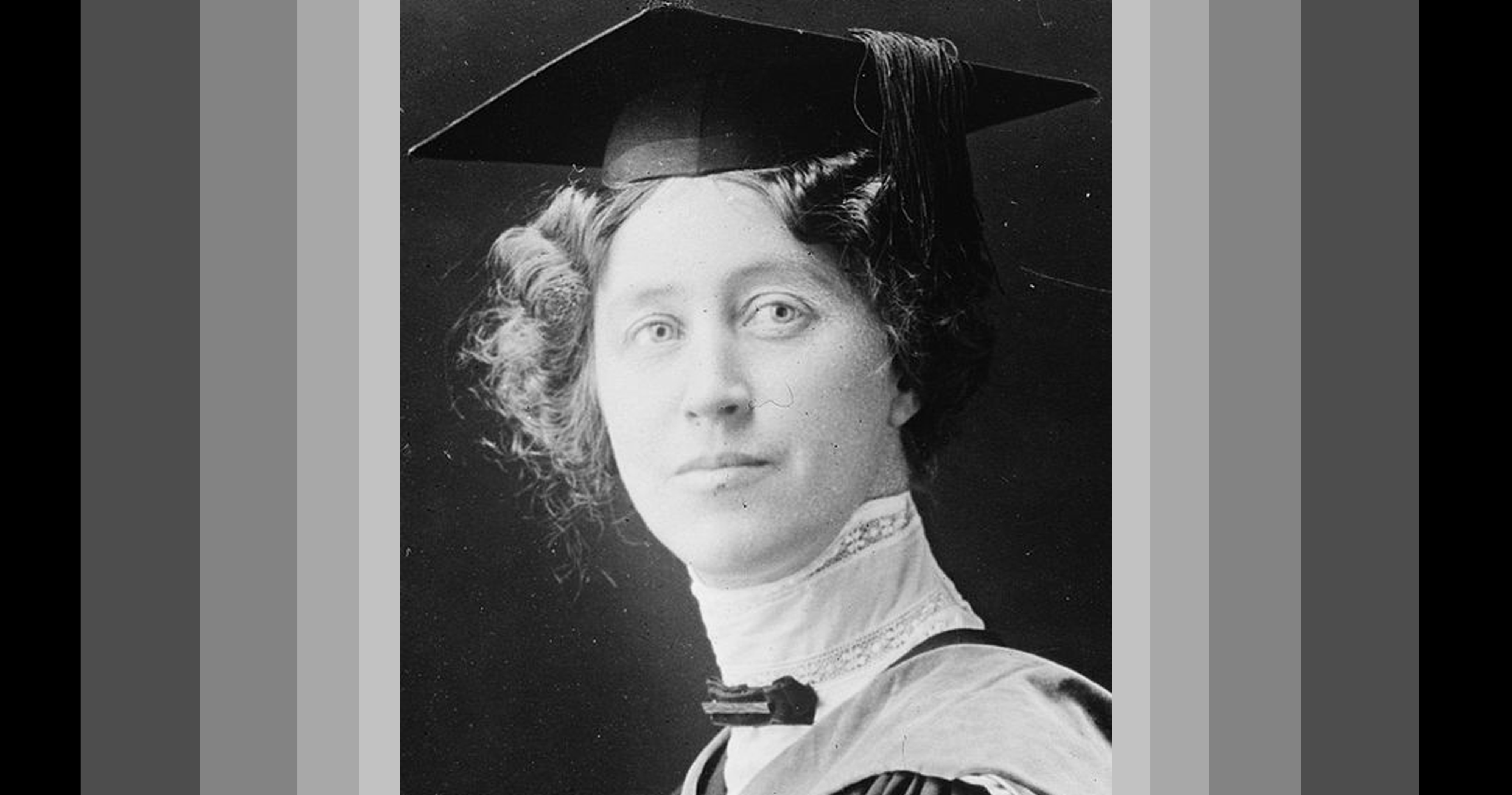It’s Women’s History Month and we are celebrating a few of our Tri Delta trailblazers—sisters who accomplished firsts in their fields, setting the stage and providing inspiration for those of us who follow.
Annette Abbott Adams, California/Berkeley, was inspired by her father’s law textbooks that she read in her youth. She would go on to have a remarkable law career, breaking the glass ceiling for women in the legal field.
Early Years
Annette’s father had moved to California, hoping to strike it rich during the Gold Rush. When that failed, he opened a thriving country store and acted as local Justice of Peace. After his death when Annette was 12, she and her mother took over running the store. Annette’s familiarity with her father’s law and code books helped guide the family business.
She earned a teaching certificate from Chico State Normal School, now California State University at Chico, majoring in history and economics. Through sheer determination, she obtained her Bachelor of Letters degree in Law in 1904 from Berkeley but found no legal position available for a woman. Instead, she taught history and economics at Alturas High School, and in 1907 she was appointed one of the first female principals in California.
Breaking the Glass Ceiling
Annette, who had followed Susan B. Anthony’s campaign for suffrage in California in 1896 and supported the cause, became friends with suffragette Iva Spencer Raker and her husband, Judge John Raker.
At Judge Raker’s urging, Annette returned to Berkley in 1910 to obtain her J.D. She was the only woman among her 11 classmates. By 1912 she had become one of the first women to graduate from law school and be admitted to the California Bar.
She would go on to become the first woman appointed U.S. attorney for the northern district of California. Her successful work led to her appointment in 1920 as assistant attorney general in Washington, D.C., by President Woodrow Wilson, once again becoming the first woman to hold the position.
She returned to San Francisco in 1921 after Warren Harding took office and practiced law there until 1935, when she was appointed assistant special council in association with Judge John W. Preston and successfully tried critical water and utility cases.
In March 1942, California Governor Culbert L. Olson appointed her presiding justice of the district court of appeal for the 3rd district. She was re-elected to a new term the following November and wrote more than 300 opinions during her time on the bench.
In 1950, Annette served by special appointment on one case before the California Supreme Court, making her the first woman to serve as a California Supreme Court Justice. She retired from the bench in 1952 due to ill health and passed away in 1956 after paving the way for future generations of female jurists.

